
Viewpoints | Jul 27,2019
May 18 , 2019
By Desta Mebratu (Prof.)
The second summit of the Belt & Road Initiative (BRI), launched by China in 2013, was recently held in Beijing. The BRI is an ambitious effort to improve regional cooperation and connectivity on a trans-continental scale. The initiative aims to strengthen infrastructure, trade and investment links between China and around 70 other countries that account collectively for over 30pc of global gross domestic product (GDP), 62pc of population and 75pc of known energy reserves.
This makes it one of the major, if not the major, global development initiative. BRI is part of China’s strategic objective of becoming an economic superpower in a couple of decades. While it is strongly anchored in maintaining China's long-term national interest, it is quite creative in how it has been promoted to get the buy-in of partner countries from different continents, either by convincing or co-opting them.
A number of African countries, including Ethiopia, have joined this initiative, which claims to benefit all participating countries and the global economy. While the economic and geopolitical benefit to China is obvious, some questions are being raised on how much each country will economically benefit from this initiative.
The most critical objective that all participating African countries should focus on, both individually and collectively, is making sure that their participation in this initiative will make a substantial contribution to the fulfillment of their sustainable development goals. The kind of physical infrastructure that is being discussed under the initiative will constitute the backbone of national and regional economies for the coming decades.
Hence, they inherently have the potential of locking in a country’s economy in a given pattern of development.
One of the major lock-in hazards African countries should be watchful of is not to be locked into an extractive economy that is mainly characterised by the supply of cheap natural resources to the global economy. The second lock-in hazard is the potential to be a dumping ground for obsolete and linear industrial production infrastructure that may make the region a global pollution centre under the disguise of economic growth. This will obviously have a great negative consequence on the wellbeing of its people.
The most critical path through which countries can avoid such lock-in scenarios is by taking every part of the initiative, right from the early stages of planning, through a comprehensive strategic environmental and social assessment process before committing to its implementation. Besides maximising the social benefit and reducing the environmental impact, such a process could also significantly contribute to the long-term economic return from the overall investment. This can be achieved by ensuring optimal integration of the projects implemented under this initiative, both horizontally and vertically, with the respective regional and national development goals and plans.
The second important step would be to deploy existing life-cycle management tools and techniques in the planning and development of each infrastructure component of the initiative. This will enable countries to utilise infrastructural connectivity for developing inclusive, low-carbon and resource-efficient economies. It could also ensure the climate resilience of the major infrastructure to be built by applying the relevant climate-proofing techniques.
Given the nature and geographical scope of the initiative, BRI could have significant potential of making a positive contribution to the fulfillment of the sustainable development goals. However, failure to deploy the right set of planning tools and techniques could, at best, lead to insignificant development outcomes and, at worst, result in major socio-economic and socio-ecological disasters.
Both Chinese and African leaders have generational responsibilities in avoiding the long-term negative impacts of this initiative, particularly on Africa. More specifically, the African Union and its international and regional development partners need to provide coordinated capacity building and technical back-up support to countries undertaking strategic environmental and social assessments of the overall programme in the region and in deploying the relevant life cycle management tools in the planning and development of infrastructure projects.
PUBLISHED ON
May 18,2019 [ VOL
20 , NO
994]


Viewpoints | Jul 27,2019

Viewpoints | Aug 05,2023

Viewpoints | Apr 30,2021
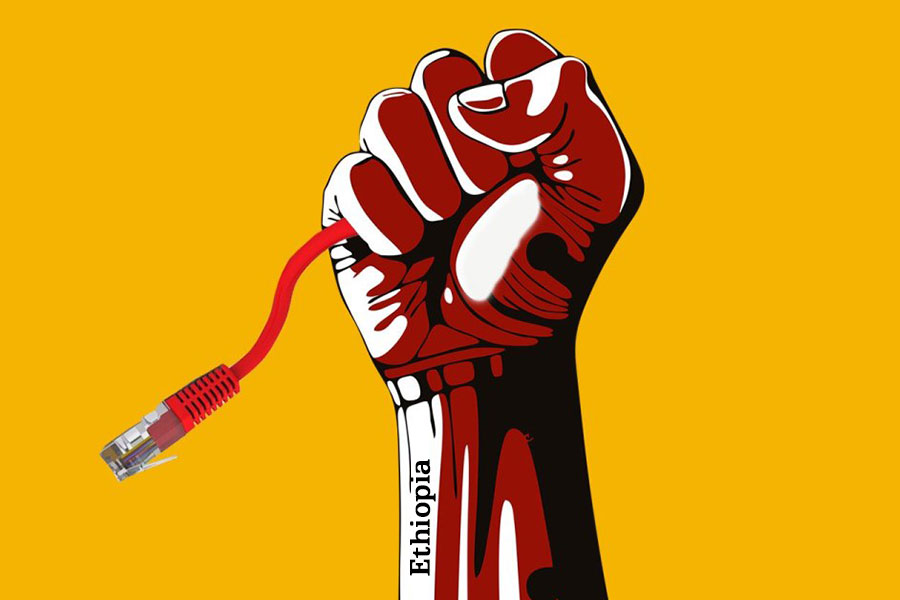
View From Arada | Jun 22,2019
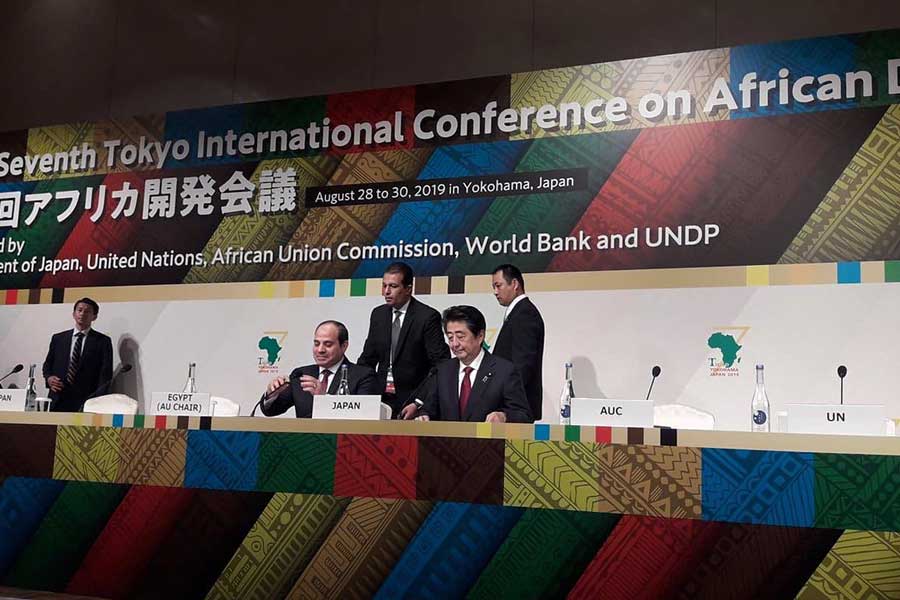
Featured | Aug 31,2019
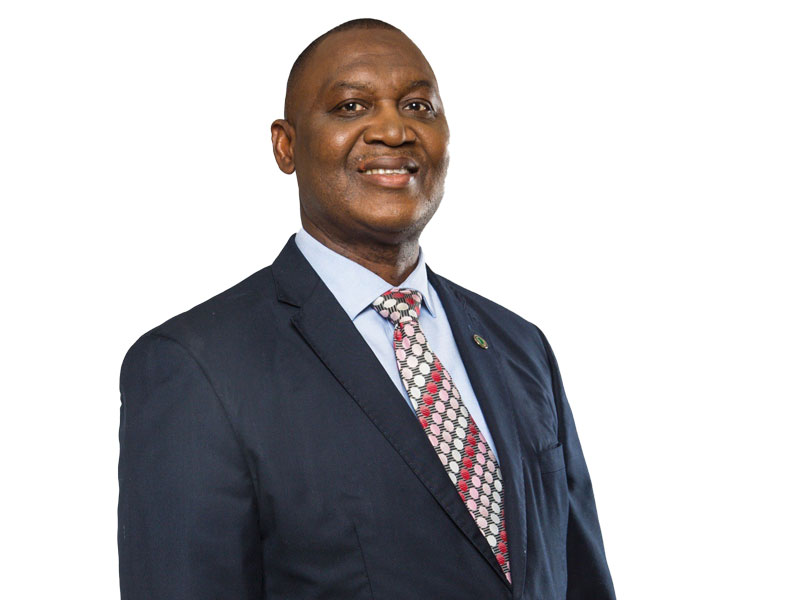
Exclusive Interviews | Dec 11,2021

Radar | Aug 01,2020
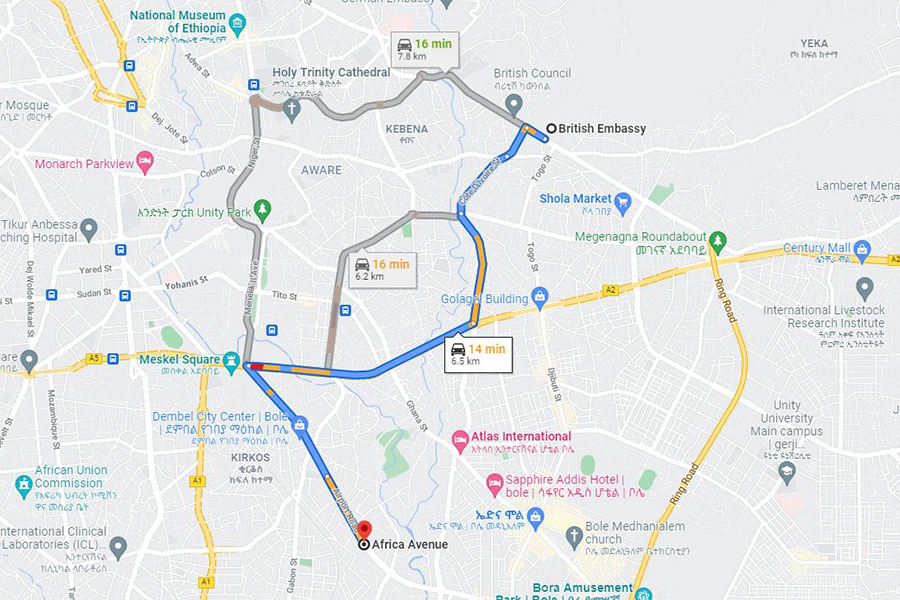
Fortune News | Dec 11,2021

Radar | Jun 19,2021
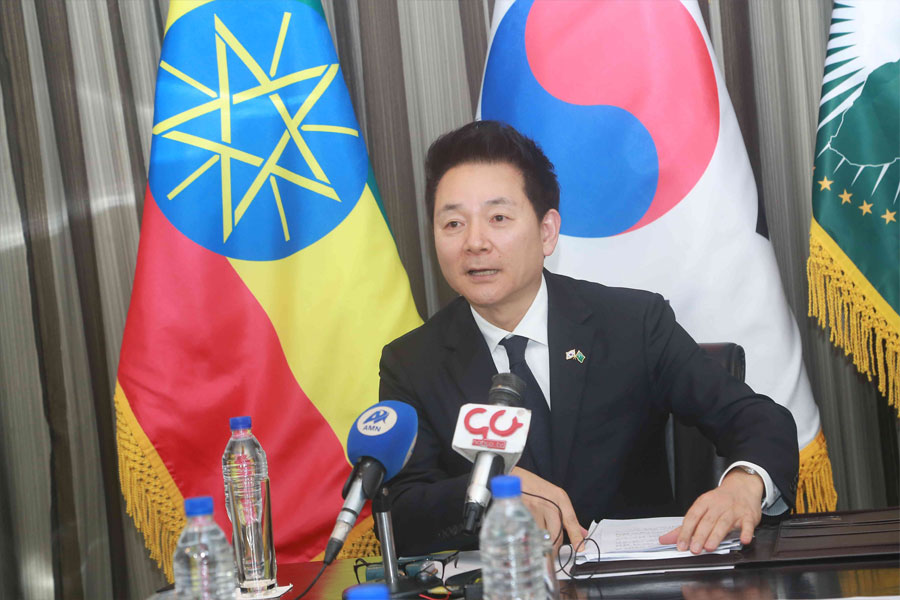
Radar | Feb 18,2023

Photo Gallery | 174596 Views | May 06,2019

Photo Gallery | 164822 Views | Apr 26,2019

Photo Gallery | 155020 Views | Oct 06,2021

My Opinion | 136695 Views | Aug 14,2021
Editorial | Oct 11,2025

Dec 22 , 2024 . By TIZITA SHEWAFERAW
Charged with transforming colossal state-owned enterprises into modern and competitiv...

Aug 18 , 2024 . By AKSAH ITALO
Although predictable Yonas Zerihun's job in the ride-hailing service is not immune to...

Jul 28 , 2024 . By TIZITA SHEWAFERAW
Unhabitual, perhaps too many, Samuel Gebreyohannes, 38, used to occasionally enjoy a couple of beers at breakfast. However, he recently swit...

Jul 13 , 2024 . By AKSAH ITALO
Investors who rely on tractors, trucks, and field vehicles for commuting, transporting commodities, and f...

Oct 11 , 2025
Ladislas Farago, a roving Associated Press (AP) correspondent, arrived in Ethiopia in...

Oct 4 , 2025
Eyob Tekalegn (PhD) had been in the Governor's chair for only weeks when, on Septembe...

Sep 27 , 2025
Four years into an experiment with “shock therapy” in education, the national moo...

Sep 20 , 2025
Getachew Reda's return to the national stage was always going to stir attention. Once...

Oct 12 , 2025
Tomato prices in Addis Abeba have surged to unprecedented levels, with retail stands charging between 85 Br and 140 Br a kilo, nearly triple...

Oct 12 , 2025 . By BEZAWIT HULUAGER
A sweeping change in the vehicle licensing system has tilted the scales in favour of electric vehicle (EV...

A simmering dispute between the legal profession and the federal government is nearing a breaking point,...

Oct 12 , 2025 . By NAHOM AYELE
A violent storm that ripped through the flower belt of Bishoftu (Debreziet), 45Km east of the capital, in...